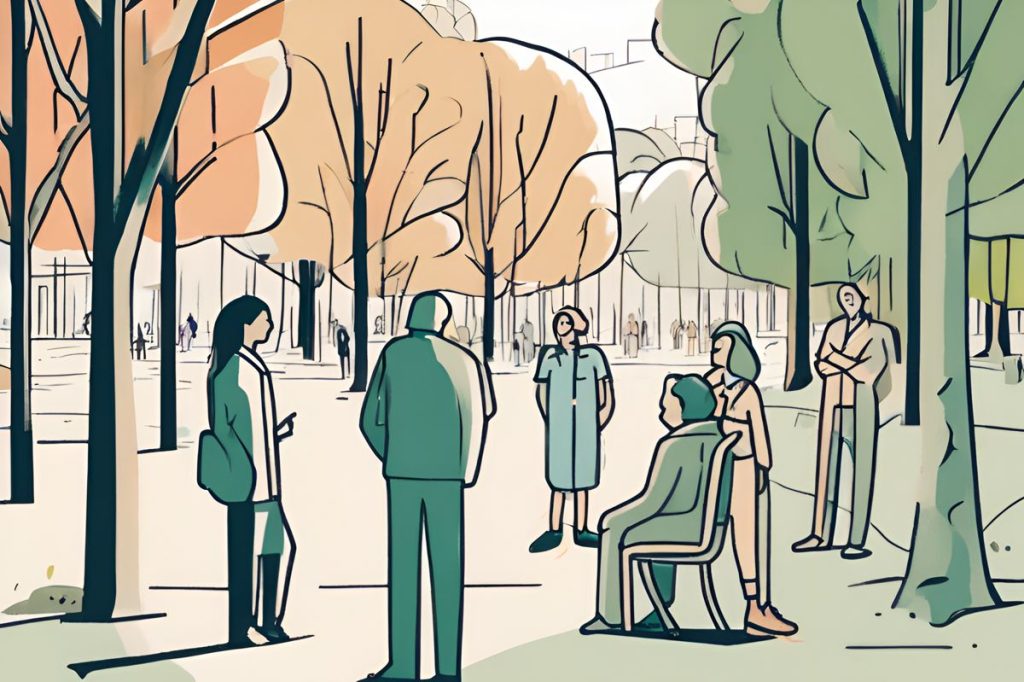In Cyprus, the government’s decision to eliminate free medical treatment for civil servants has ignited a fierce debate, with the Cyprus Federation of Patients’ Associations (Osak) arguing that it fosters healthcare inequity and unfairly burdens patients needing specialized care. This policy shift threatens to leave many chronic patients, including those needing essential supplements like gastrostomy patients, facing potential out-of-pocket expenses that were previously covered, raising urgent calls for revisions to ensure fair healthcare access for all.
What controversy surrounds the healthcare policy changes for civil servants in Cyprus?
The government’s decision to end free medical treatment for civil servants has sparked controversy in Cyprus. The Cyprus Federation of Patients’ Associations argues it creates healthcare inequity, placing a financial burden on patients needing specialized treatments, and calls for policy revisions to ensure fair healthcare access for all.
A Question of Fairness
In a recent and contentious move, the government has decided to revoke the privilege of free medical treatment for civil servants, a change that has been vehemently opposed by the Cyprus Federation of Patients’ Associations (Osak). The association argues that this new policy introduces an alarming disparity in healthcare access, which could potentially endanger countless chronic patients who rely on these benefits. Specifically, the policy would affect various state service employees, excluding groups such as teachers and security personnel.
The heart of the issue lies in the distribution of healthcare benefits and the criteria for eligibility. The current system, according to Osak, unfairly categorizes individuals based on their employment status as civil servants rather than on medical need. The association has cited the concerning case of gastrostomy patients, who now face the prospect of paying over €1,000 out-of-pocket for essential supplements that were previously covered.
Financial Burden on Patients
This policy shift not only affects the accessibility of services but also places a significant financial burden on those in need of specialized treatments. Before the national health scheme (Gesy) came into force, civil servants were issued a medical card that granted them additional healthcare privileges. However, the introduction of Gesy rendered this card obsolete, as Osak pointed out in their communication with local media. As a result, civil servants may now find themselves unable to access treatments for free, even if they fulfill the medical protocol that previously would have qualified them for coverage.
In stark contrast, individuals working in the private sector who meet certain medical protocol requirements are still able to receive free treatment outside of Gesy. The discrepancy between the two systems has raised questions about the fairness and equity of healthcare provisions in the country. Osak is strongly urging the government to take swift action to address these disparities and ensure that pharmaceuticals and essential supplements are made available under Gesy for all who need them.
The Role of Public Policy
The debate at hand extends beyond the realm of healthcare; it touches upon the government’s role in ensuring equitable treatment for its citizens. The situation presents a critical moment for policymakers to reassess how healthcare benefits are allocated and consider the broader implications of such decisions on the well-being of the population. As the discussion continues, the voices of patient advocacy groups like Osak become increasingly crucial in representing the interests of those affected by these policy changes.
As of now, the call for immediate corrective measures remains at the forefront of this issue. The community awaits a response that will hopefully bridge the gap between policy and patient needs, ensuring that no individual is left at a disadvantage in accessing vital healthcare services.
What controversy surrounds the healthcare policy changes for civil servants in Cyprus?
The government’s decision to end free medical treatment for civil servants has sparked controversy in Cyprus. The Cyprus Federation of Patients’ Associations (Osak) argues it creates healthcare inequity, placing a financial burden on patients needing specialized treatments. They are calling for policy revisions to ensure fair healthcare access for all, highlighting the potential dangers for chronic patients who rely on these benefits.
How does the new healthcare policy impact chronic patients?
The elimination of free medical treatment for civil servants threatens to leave many chronic patients at risk of incurring significant out-of-pocket expenses. For instance, gastrostomy patients, who rely on essential supplements that were previously covered, could face costs exceeding €1,000. This shift raises urgent concerns about the accessibility of necessary healthcare services for vulnerable populations.
What are the differences in healthcare access between civil servants and private sector employees?
Under the new policy, civil servants may struggle to access free treatments that they were previously entitled to due to the obsolescence of their medical cards following the introduction of the national health scheme (Gesy). In contrast, private sector employees who meet specific medical protocol requirements still have access to free treatment outside of Gesy. This discrepancy has raised questions about the fairness and equity of the healthcare system in Cyprus.
What actions are patient advocacy groups like Osak taking in response to these policy changes?
Osak is actively advocating for swift government action to address the disparities created by the new healthcare policy. They are urging policymakers to reassess how healthcare benefits are allocated to ensure that all individuals, regardless of employment status, have equitable access to essential pharmaceuticals and medical supplements. The organization emphasizes the importance of representing the interests of those affected by these changes to ensure that no one is left disadvantaged in accessing vital healthcare services.

